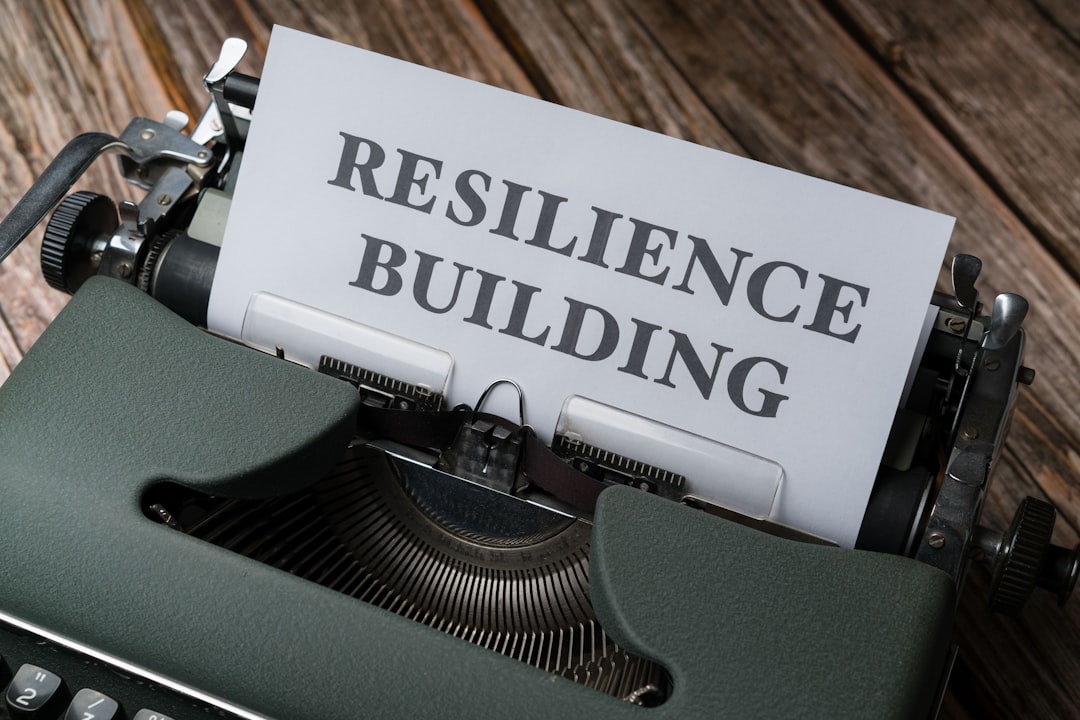
Boosting Resilience Through Positive Attitude and Emotional Support Strategies
In today’s fast-paced world, cultivating resilience is essential for maintaining mental health and overall wellness. Resilience refers to our ability to bounce back from adversity, adapt to change, and keep going in the face of challenges. One of the most effective means of boosting resilience is through a positive attitude and strong emotional support systems. This article delves into practical strategies to enhance resilience, supported by credible research findings.
The Role of a Positive Attitude in Resilience
A positive attitude can significantly impact our mental health. Research shows that individuals who maintain an optimistic outlook tend to cope better with stress and are less prone to anxiety and depression. A positive mindset not only helps us navigate life’s challenges but also encourages proactive problem-solving and fosters adaptability.
Key Strategies for Cultivating a Positive Attitude
-
Practice Gratitude: Regularly reflecting on what you are thankful for can shift your focus from negative to positive aspects of your life. Consider keeping a gratitude journal where you jot down three things you appreciate each day.
-
Use Positive Affirmations: Repeating positive statements about yourself can reinforce your self-worth and foster a more optimistic self-image. For example, affirmations such as “I am capable of overcoming obstacles” can help combat negative thoughts.
-
Engage in Mindfulness and Meditation: Mindfulness practices encourage individuals to focus on the present moment, reducing stress and anxiety. Studies have shown that meditation can enhance emotional regulation and promote a positive outlook.
Emotional Support: A Pillar of Resilience
Emotional support is crucial in building resilience. It involves having a network of friends, family, or professionals who provide encouragement, love, and understanding. Research indicates that strong social connections can buffer against stress and enhance mental well-being.
Effective Strategies for Building Emotional Support
-
Cultivate Relationships: Invest time in nurturing your relationships. Reach out to friends and family regularly, and make an effort to connect meaningfully. Quality over quantity is key; prioritize relationships that uplift you.
-
Seek Professional Help: Therapy or counseling can provide essential support when navigating difficult times. Mental health professionals can offer tools and strategies tailored to individual needs, promoting resilience.
-
Join Support Groups: Connecting with others who share similar experiences can foster a sense of community and understanding. Support groups provide a safe space for sharing feelings and learning from others’ experiences.
Addressing Common Misconceptions
Despite the clear benefits of a positive attitude and emotional support for resilience, several misconceptions persist:
-
Misconception 1: Positivity Means Ignoring Problems: A positive attitude does not equate to ignoring challenges. Instead, it involves facing problems head-on while maintaining hope and a belief in one’s ability to overcome them.
-
Misconception 2: Emotional Support Is Only for the Weak: Seeking support is a strength, not a weakness. Acknowledging the need for help and reaching out demonstrates self-awareness and courage.
Practical Tips for Daily Implementation
-
Set Realistic Goals: Break larger tasks into smaller, manageable steps. Celebrate small achievements to create a sense of progress and accomplishment.
-
Limit Negative Influences: Surround yourself with positivity. This includes consuming uplifting media and limiting exposure to negative news and toxic relationships.
-
Engage in Regular Physical Activity: Exercise has been shown to reduce stress and anxiety, improve mood, and foster resilience. Aim for at least 30 minutes of moderate exercise most days of the week.
Further Reading and Resources
To deepen your understanding and enhance your wellness journey, consider exploring the following resources:
- American Psychological Association: Building Resilience
- NAMI: Coping with Stress
- Greater Good Science Center: The Science of Gratitude
By incorporating these strategies into your daily life, you can significantly boost your resilience through a positive attitude and robust emotional support. Remember, resilience is a skill that can be developed over time, and every small step counts. Embrace the journey, and prioritize your health and wellness for a brighter, more resilient future.
Encouraging others to engage with this content can amplify its impact—consider sharing this article or subscribing to wellness newsletters for continuous support and information.


